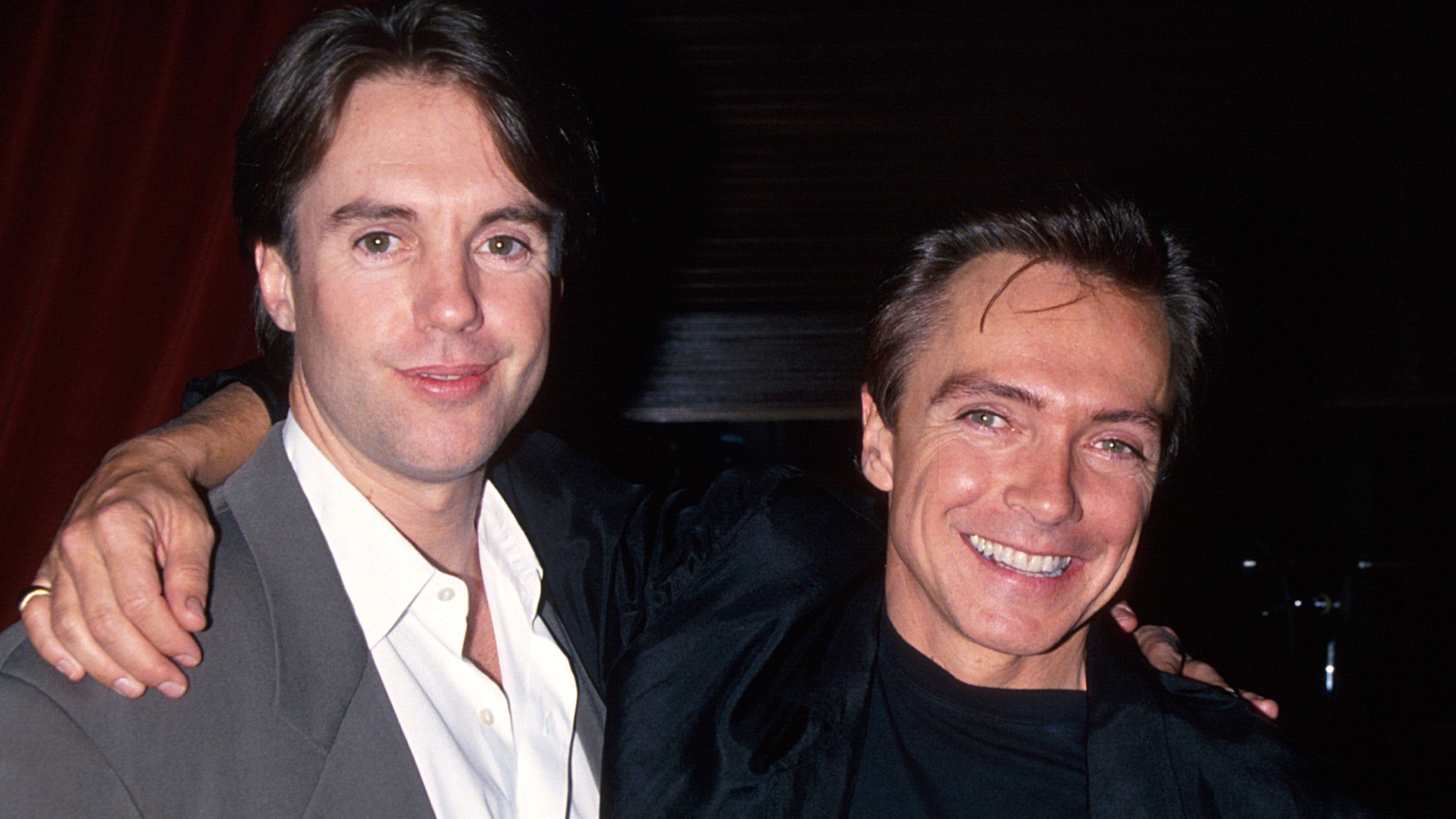
Tomorrow” is a gentle act of faith—romance not as fireworks, but as a quiet decision to believe the next day can still be kinder than this one.
By the time David Cassidy recorded “Tomorrow” in 1976, the world already “knew” him—at least the version printed on posters and shouted in arenas. Yet this track belongs to a different Cassidy: the one leaning away from teen-idol sparkle and toward something calmer, more grown, more privately felt. If you listen closely, “Tomorrow” doesn’t sound like a man trying to win a crowd. It sounds like a man trying to steady his own heart.
The first important point—because this song is often confused with other “Tomorrow” titles—is that Cassidy’s “Tomorrow” is a cover of the Wings song written by Paul McCartney and Linda McCartney. The original Wings version appeared on their debut album Wild Life, released in December 1971. Cassidy’s recording arrived later as part of his RCA period, appearing on the album Home Is Where the Heart Is, released March 1976, recorded at Caribou Ranch in Nederland, Colorado, and produced by David Cassidy with Bruce Johnston. That setting matters: Caribou Ranch was famous for encouraging performances that breathed—music with air around it, where sincerity could be heard in the spaces between notes.
When “Tomorrow” was released as a single, it carried “Half Past Your Bedtime” as the B-side. It wasn’t a massive global smash, and the chart story is more nuanced than the mythology that sometimes grows around beloved songs. In the United Kingdom, the single did not enter the Official Singles Chart Top 50, but it appeared on the UK “Breakers” list—reported at around No. 57 (a kind of “bubbling under” measure used in UK chart reporting at the time). Some chart compilers cite a nearby equivalent position (for example, No. 52) depending on methodology. Where the song did shine clearly was South Africa, where it reached No. 10 on the Springbok chart. Those numbers tell a quiet truth: “Tomorrow” wasn’t built for instant domination everywhere—it was built to last in the places where listeners had time to fall into a melody slowly.
And what a melody it is. “Tomorrow” is romantic, yes, but not in the loud, pleading way pop often demands. It’s romantic in the way real life becomes romantic when it’s tired—when love is less about display and more about rescue. The lyric turns the word tomorrow into a small lantern in the dark: not a promise of perfection, just a promise of another chance. That emotional posture—hope that knows what disappointment feels like—fits Cassidy’s mid-1970s artistic direction perfectly. On Home Is Where the Heart Is, he was chasing credibility as an interpreter and co-producer, surrounding himself with serious musicians and a studio environment known for warmth and detail.
There’s also an understated poignancy in the song’s authorship. Paul and Linda McCartney wrote “Tomorrow” during the early, uncertain Wings years—when McCartney, newly post-Beatles, was building something fresh and fragile from scratch. That spirit—starting again, trusting the next day—becomes even more resonant when filtered through Cassidy’s voice, because Cassidy too was rebuilding: stepping out from the glare of television fame, trying to be heard not as a phenomenon, but as a musician with taste and tenderness.
In Cassidy’s hands, “Tomorrow” becomes less like a pop product and more like a bedside vow. He sings with a softness that feels intentional, almost protective—like he doesn’t want to bruise the sentiment by overselling it. The arrangement (true to that Caribou Ranch atmosphere) supports him rather than competes: a gentle forward motion, a sense of open air, a patient pace that suggests the singer isn’t chasing the moment—he’s living inside it.
That, finally, is the meaning of “Tomorrow” as a David Cassidy record. It’s not about fantasy. It’s about the quiet courage of continuity: holding on long enough to see if the morning changes the shape of what you feel. Some songs age because they remind you of who you were. “Tomorrow” ages because it reminds you of what you needed—and how often the simplest need is the deepest one: to believe there is still something waiting on the other side of the night.